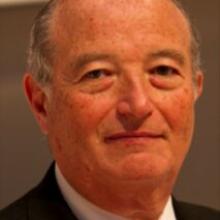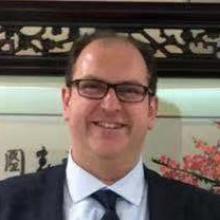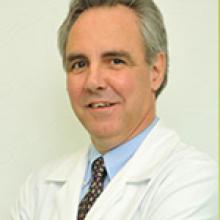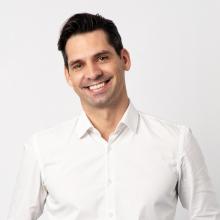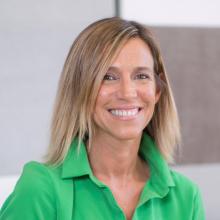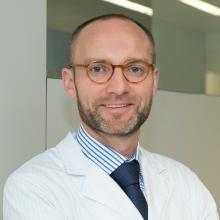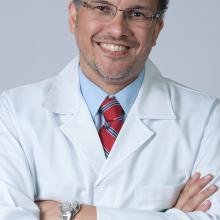About this video
Cancer is one of the leading causes of mortality worldwide, and an increasing threat in low-income and middle-income countries. In 2013 and 2015, The Lancet Oncology published two Commissions that highlighted the cancer landscape in Latin America and how it differed from more developed countries. The reports showed that funding for health care was just a small percentage of national gross domestic product and the percentage of health-care funds diverted to cancer care was even lower.
Funding, insurance coverage, numbers of doctors, health-care workers, resources, and equipment were inequitably distributed between and within Latin American countries. The Commissions emphasised the need for structural reforms in health-care systems, the need for dedicated cancer control programmes for disenfranchised populations, the importance of expanding coverage of cancer registries and cancer plans, and the effect of implementing policies to improve primary cancer prevention. In this webinar, renowned experts from Brazil, Argentina, and Spain, revisit cancer control in Latin America via a more contemporaneous lens, with a focus on the challenges surrounding academic research funding, clinical trial recruitment, big data, and wider access to the latest diagnostic technologies.







